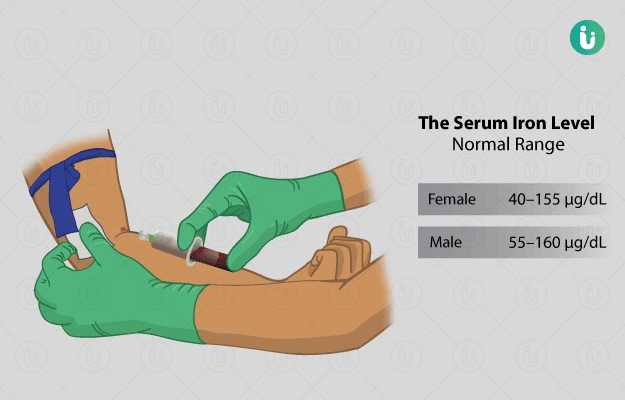Iron deficiency is one of the most common nutritional deficiencies around the world. We all know that iron is one of the most important minerals for the human body. It is one of the key components of haemoglobin, which is the substance responsible for transporting oxygen from the lungs to the other parts of the body.
It is the job of the intestines to absorb iron from the food we consume. While we get a small portion of our daily iron requirements from food, a large chunk of the iron available to the body comes from old red blood cells that are recycled by the body. The body also loses only negligible amounts of iron daily, meaning that it processes iron quite efficiently.
The body has a complex mechanism to control the level of iron in blood: the process involves the liver, which plays an important role in the production of a peptide called hepcidin and in signalling when the body has enough iron and doesn’t need any more. Still, sometimes the body ends up with excess iron. This condition is called hemochromatosis.
Haemochromatosis or excess iron in the body may occur for a number of reasons:
- It could be genetic or hereditary
- It could be brought on by other medical conditions such as chronic liver disease, anaemia or repeated blood transfusions as in the case of thalassemia (a blood disorder in which the body makes abnormal haemoglobin which in turn results in the destruction of red blood cells)
In people with haemochromatosis, the excess iron gets stored in the heart, joints, pancreas and liver.

 Doctors for Haemochromatosis or excess iron in the body
Doctors for Haemochromatosis or excess iron in the body 


































